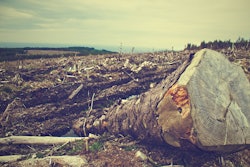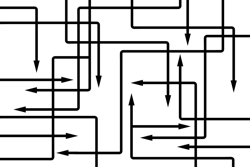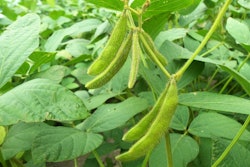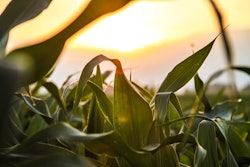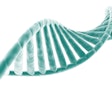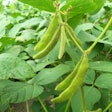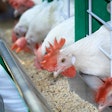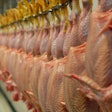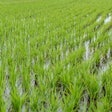
Bungeand Bangkok Produce Merchandising (BKP), a subsidiary company of Charoen Pokphand Foods (CPF), will collaborate on developing a blockchain solution for thetraceability of soyand deforestation-free products.
The agreement involves grain sourced by Bunge in Brazil and destined for several countries in Asia, where BKP and CPF produce and sell feed and food. This partnership will enable both companies to carry out technical, commercial and operational feasibility studies to build a sustainable supply chain and integrate digitization.
The agreement aims to transform traceability data from the field to final customers. Paisarn Kruawongvanich, CEO of BKP, said blockchain technology will improve traceability of the agroindustry and company’s food supply chain, providing transparency and ensuring product quality and safety for customers. The agreement with global business partners aligns with BKP’s commitment to achieving a net zero supply chain in 2050.
“Tracing raw materials around the globe, including soy, back to the source is key to ensuring both directly and indirectly sourced raw material do not come from encroachment areas or areas of deforestation,” Kruawongvanich added.
Rossano de Angelis Jr., Bunge's vice president of agribusiness for South America, said the partnership with BKP reflects its business vision that leverages technology as an important tool.
"Over the past few years, we have built a robust social and environmental verification system that includes advanced traceability and monitoring of our suppliers," said de Angelis. "We believe that, together with our customers, we will build sustainable supply chains with an additional layer of reliability guaranteed by blockchain."
Monitoring currently carried out by Bunge covers more than 16,000 farms, or up to 20 million hectares in South America and relies on state-of-the-art satellite technology, capable of identifying changes in land use and soybean planting on each monitored property. In Brazil, Bunge currently monitors all of itsdirect supply chain in areas subject to deforestationand is moving toward fully covering the indirect supply chain by 2025.
More than 97% of the volume of soy purchased by Bunge is verified free from deforestation and conversion, progressing the company closer to its deforestation-free value chain goal. By involving two global companies, the scale of the initiative has the potential to raise standards of transparency in the Brazilian soy value chain and increase the confidence of end consumers in soy-derived products around the world.
Through the memorandum, both companies also commit to discussing the possibility of future collaboration on other services, such as exploring opportunities for further integration among systems, with a focus on enabling real-time data transfer, measuring the carbon footprint of the volumes traded with BKP, and improving the digital traceability solution to be compatible with sustainability certification standards, such as the Round Table on Responsible Soy (RTRS), and the International Sustainability & Carbon Certification (ISCC).




